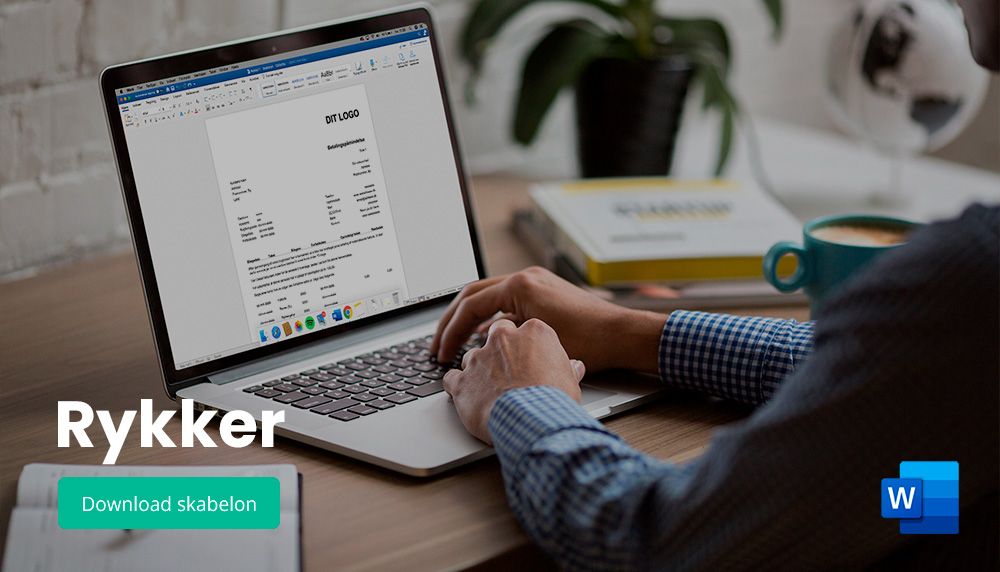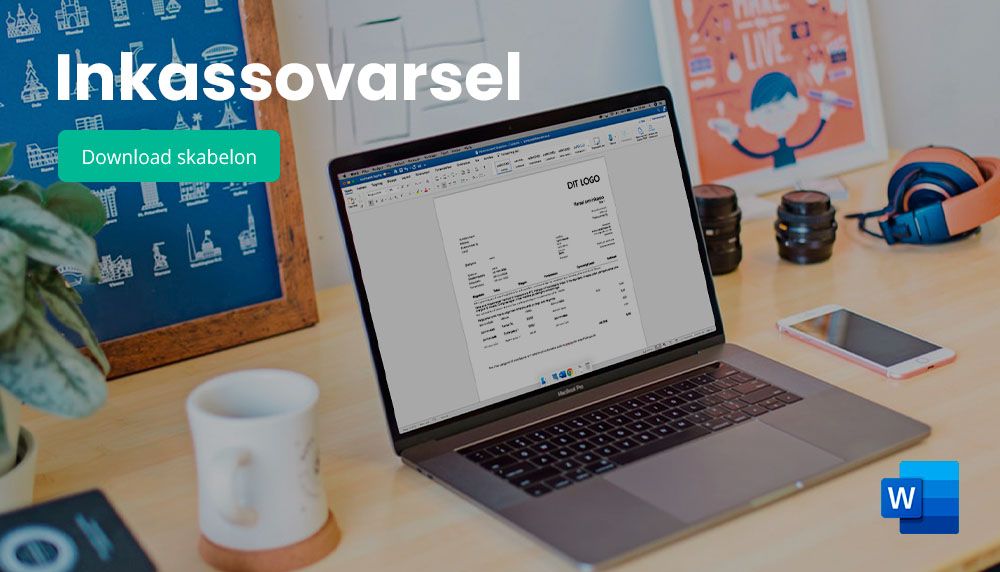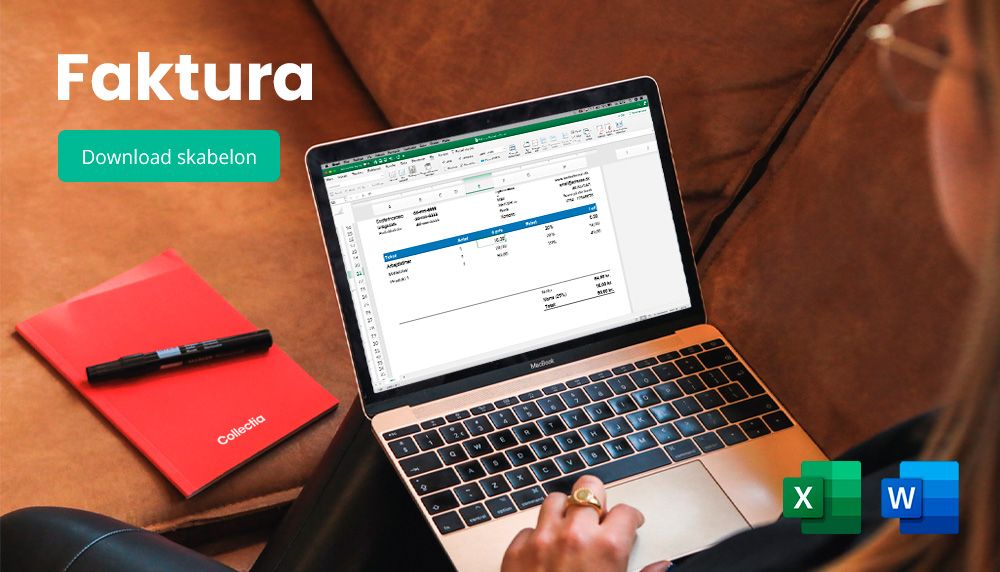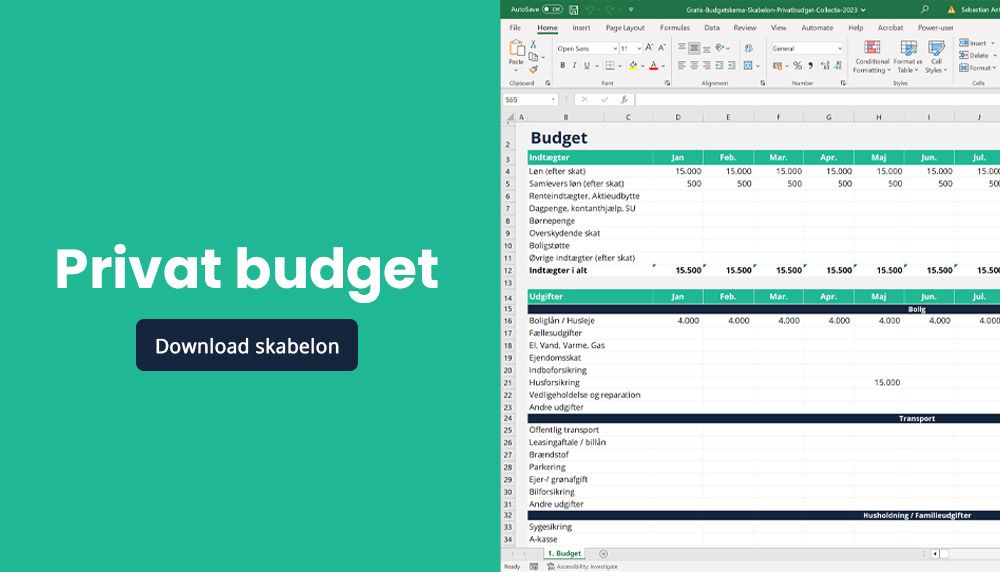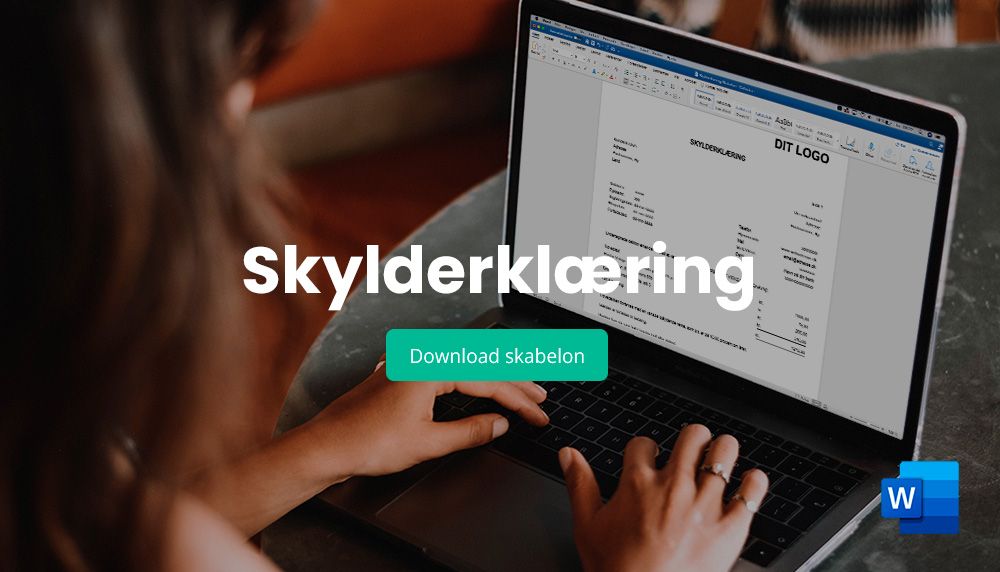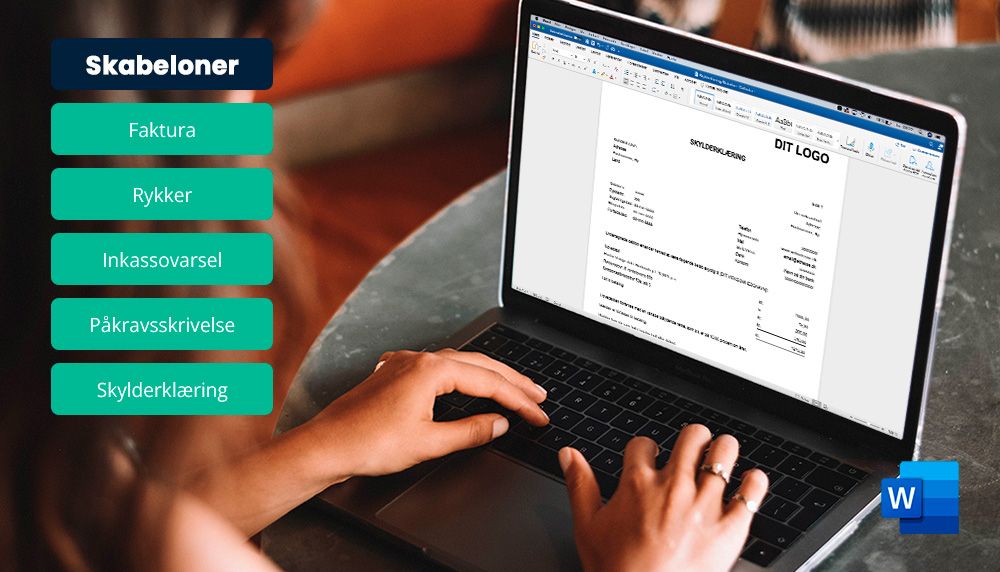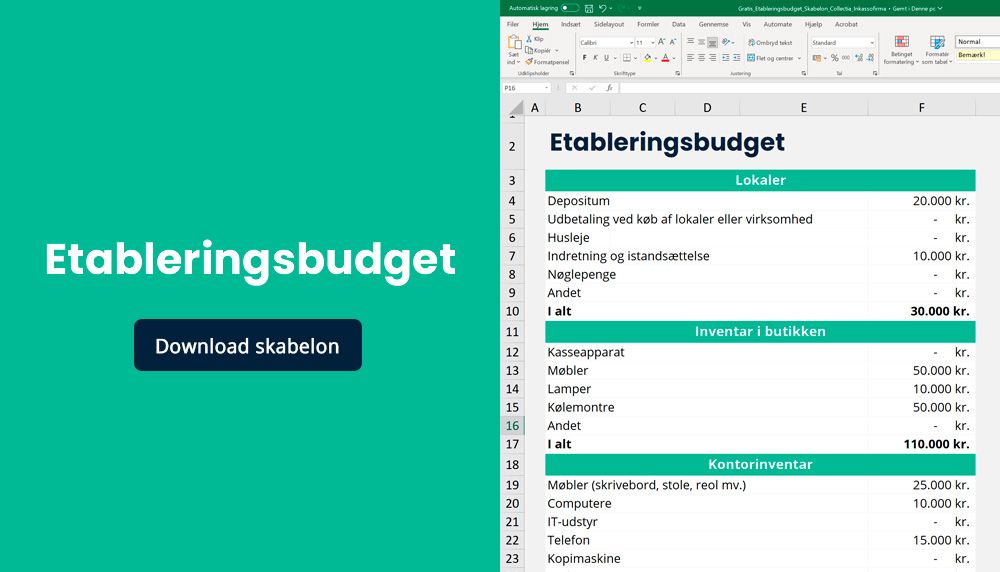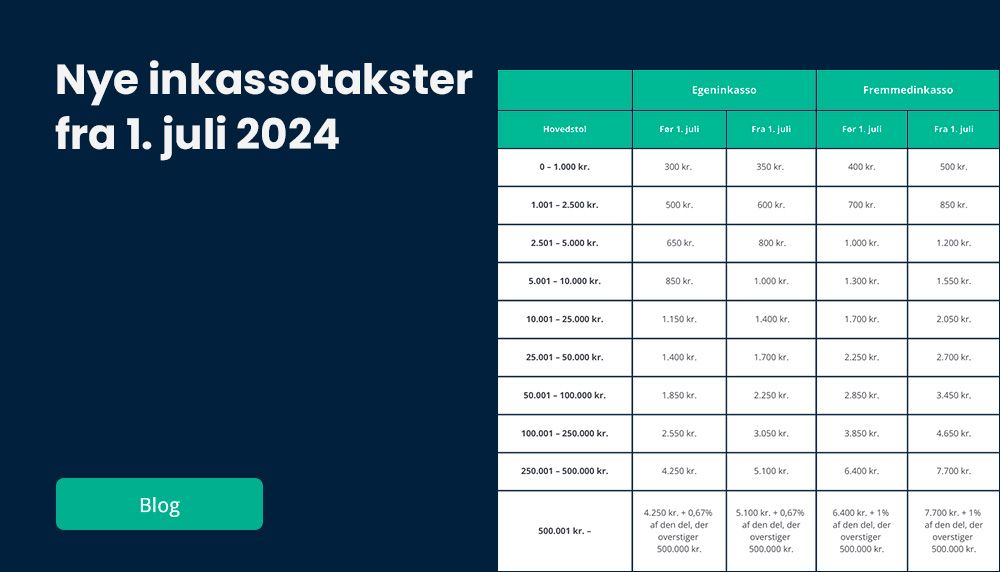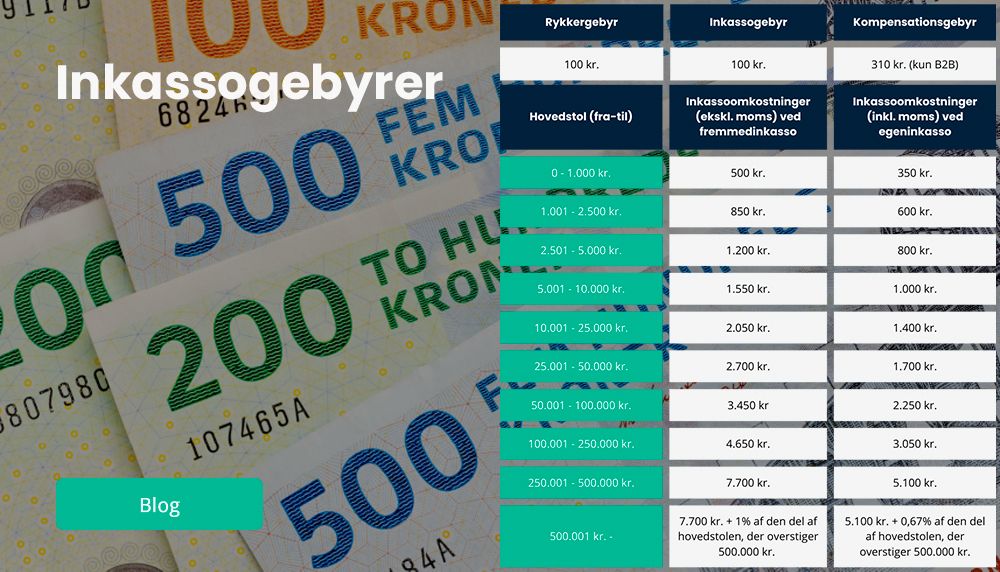
Collection
Collection, or to collect, is a legal term used when debts, sums of money or unpaid invoices need to be recovered.
Basically, debt collection is the same legal concept as debt collection. However, in everyday speech, debt collection refers more to the actual process and work surrounding debt collection; collecting.
So when a bookkeeper, debt collection company or lawyer performs debt collection by sending letters, making calls, imposing reminder fees, sending reminders and the like, this is all part of a debt collection.
Who is allowed to make collections in Denmark?
In Denmark, all creditors are allowed to collect on their own behalf, which is often referred to as self-collection.
In addition to the creditor himself, debt collection may also be carried out by authorized debt collection agencies. To become a debt collection agency in Denmark, you must be authorized by the police.
There are currently more than 140 authorized debt collection companies in Denmark that can and may help you with debt collection.
In addition to debt collection companies, all lawyers are also allowed to help you with debt collection.
You should be aware that not all debt collection companies or lawyers offer debt collection to their customers. Some have requirements such as case size, number of cases, etc. while some lawyers don't offer debt collection as a service at all.
What happens in the collection process?
Collection is a group of a wide range of actions whose overall purpose is to get a payment from the debtor, either in the form of a full payment or perhaps the start of an installment plan.
Debt collection may include sending reminder letters, imposing reminder fees, charging interest, registration in RKI/Experian, physical attendance at the debtor's premises or transfer to judicial debt collection at the bailiff court with the aim of seizing any property and assets of the debtor.
Debt collection is very often unique from case to case because it fundamentally comes down to how the debtor responds to your inquiries.
If a debtor responds to the first or second inquiry, often no further inquiries are needed, while other debtors do not respond at all and thus require legal action to reach the goal.
How does collection begin?
All debt collection starts when at least one debt collection notice has been sent in advance, notifying the debtor of debt collection. The debt collection notice can be sent together with a reminder letter or separately.
The most important thing about a debt collection notice is that the debtor is given at least 10 days to pay the amount owed and that it is clearly stated that the next action is debt collection.
When the 10 days have passed and there is still no payment from the debtor, collection must begin.
In other words, if a debt collection notice has not been sent, debt collection may not begin - this applies to both extrajudicial and judicial debt collection.
